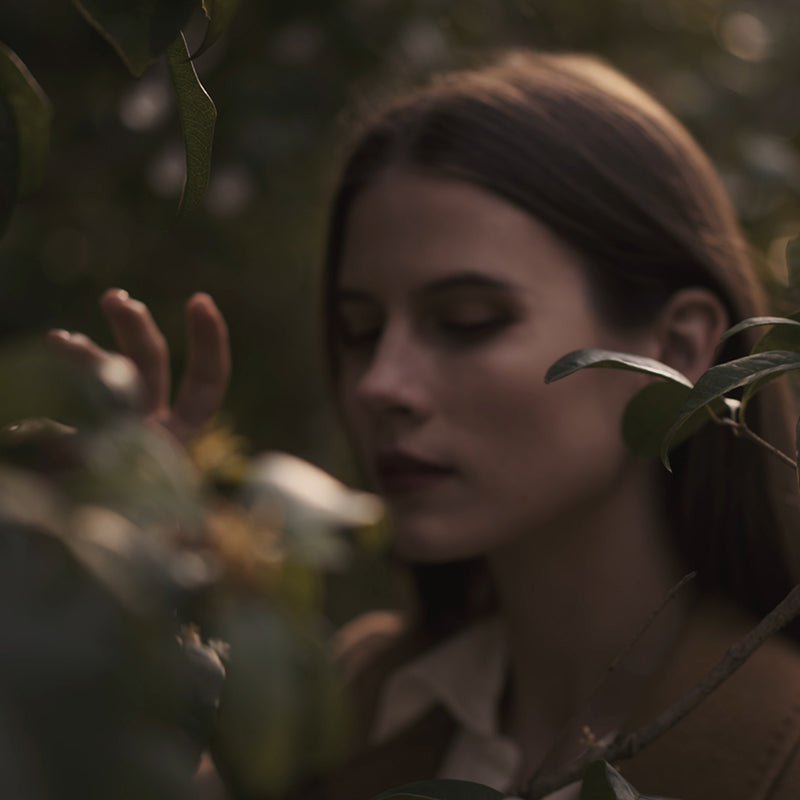Perfumes, the essence of luxury and allure, holds within it the rich tapestry of culture and history. From ancient civilizations to modern-day masterpieces, the creation of perfumes is a fascinating journey that intertwines with the heritage and traditions of diverse cultures. In this blog post, we delve into the captivating world of perfume creation, exploring how culture and history influence the scents we cherish today.
The Essence of Eau de Parfum:
At the heart of the perfume industry lies the exquisite eau de parfum, a concentration of fragrant oils that captivates the senses with its complexity and depth. Crafted with precision and care, eau de parfum embodies the pinnacle of luxury fragrances, offering a sensorial experience that transcends time and space.
Culture: The Soul of Perfume Creation
Culture plays a profound role in shaping the scents that define a society's identity and values. Each culture brings its unique perspective and traditions to perfume creation, infusing fragrances with symbolism and significance. For example, in the Middle East, perfumes are treasured for their ability to evoke sensuality and elegance, with notes of oud and rose taking center stage. Meanwhile, in Japan, the art of kodo, or incense appreciation, celebrates the harmony between nature and spirituality, inspiring delicate floral and herbal scents.
History: A Tapestry of Fragrant Tales
The history of perfume creation is a journey through time, weaving together tales of ancient rituals, royal courts, and global trade routes. From the exotic spices of the Silk Road to the opulent gardens of Renaissance Europe, perfumes have been coveted as symbols of status, power, and allure. In ancient Egypt, fragrant oils were used in religious ceremonies and funerary rituals, while during the Renaissance, perfumes became a luxury enjoyed by European nobility. Today, the legacy of history lives on in the timeless elegance of classic perfumes and the innovative creations of modern perfumers.
The Art of Perfume Creation: Where Science Meets Sensuality
Behind every bottle of perfume lies a meticulous process that blends artistry with scientific precision. Perfumers, often referred to as "noses," are skilled artisans who craft fragrances by combining natural and synthetic ingredients in perfect harmony. Drawing inspiration from the world around them, perfumers experiment with a myriad of scents, from floral and fruity to woody and oriental, to create compositions that evoke emotion and memory.
Luxury Fragrances: A Symphony of Scents
Luxury fragrances epitomize the epitome of elegance and sophistication, offering discerning connoisseurs a sensory journey like no other. From iconic houses such as Chanel, Dior, Vaucluse Fragrance and Guerlain to niche perfumers pushing the boundaries of creativity, luxury fragrances embody the finest craftsmanship and highest quality ingredients. Each bottle is a testament to the artistry and expertise of perfumers who strive to create olfactory masterpieces that transcend time and trends.
The Future of Perfume: Innovation and Sustainability
As we look to the future, the perfume industry is embracing innovation and sustainability to meet the evolving needs of consumers and protect the planet. From eco-friendly packaging to cruelty-free ingredients, perfumers are championing ethical practices that prioritize both people and the environment. Additionally, advancements in biotechnology are opening up new possibilities for sustainable fragrance ingredients, paving the way for a greener, more responsible future for perfumery.
In the intricate dance of culture and history, perfume creation emerges as a timeless art form that celebrates the beauty and diversity of the world around us. From the mystical allure of ancient rituals to the modern elegance of luxury fragrances, perfumes continue to captivate and inspire us, transcending borders and generations. As we journey through the fragrant tapestry of perfume creation, let us embrace the magic that lies within each bottle, and celebrate the rich heritage and traditions that shape our olfactory experiences.


